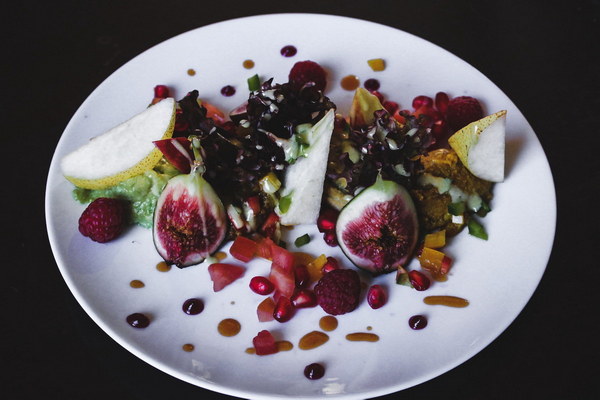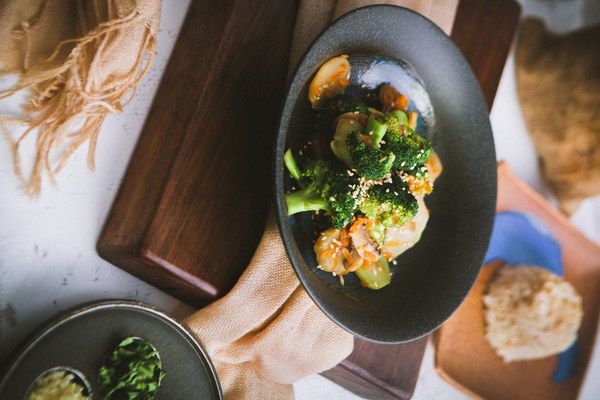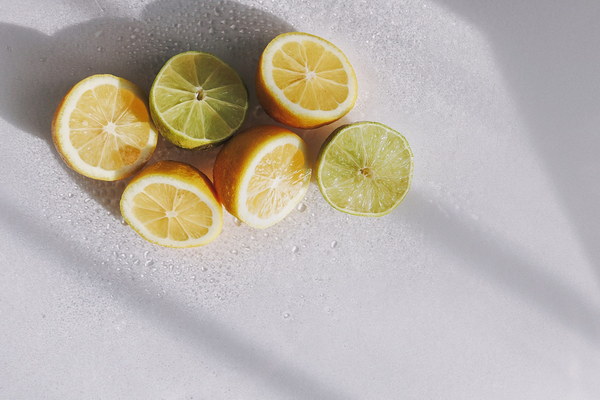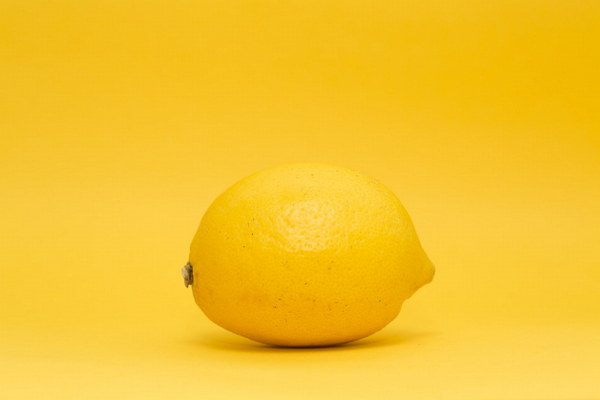Why Detoxifying and Drying Up Dampness Should Precede Spleen Nourishment in Traditional Chinese Health Practices
In Traditional Chinese Medicine (TCM), the concept of balancing the body's Yin and Yang is fundamental to maintaining health. One of the key principles is that for optimal health, it is essential to first eliminate dampness before focusing on spleen nourishment. This article explores the reasons behind this approach and its importance in holistic health practices.
Dampness in TCM refers to a condition where excess moisture accumulates in the body, leading to various symptoms such as fatigue, weight gain, bloating, and poor digestion. This accumulation is believed to impede the normal function of the spleen, which is responsible for transforming food into energy and controlling fluid balance in the body. Therefore, TCM emphasizes the importance of addressing dampness before turning to spleen nourishment for several reasons.
Firstly, dampness can lead to a stagnation of Qi (vital energy) and blood. When the body is damp, it can be difficult for Qi and blood to flow smoothly, resulting in various health issues. By eliminating dampness, we create a more favorable environment for Qi and blood to circulate properly, which is essential for overall health and vitality.
Secondly, dampness can weaken the spleen's function. The spleen plays a crucial role in the digestion and absorption of nutrients, as well as in transporting these nutrients throughout the body. When dampness accumulates, it can impede the spleen's ability to perform these functions effectively. Therefore, addressing dampness first is crucial to restore the spleen's strength and ensure that nutrients are properly absorbed and distributed.
Another reason for prioritizing dampness elimination is the potential for dampness to lead to other imbalances in the body. For example, dampness can create an environment conducive to the growth of pathogenic factors, such as colds, flu, and other infections. By removing dampness, we reduce the risk of these imbalances and strengthen the body's resistance to illness.
When it comes to dampness elimination, TCM offers a variety of methods, including diet, herbal medicine, acupuncture, and tai chi. Here are some key strategies:
1. Diet: Avoiding damp-inducing foods such as sugary treats, dairy products, and overly greasy or cold foods is important. Instead, focus on a diet rich in fresh vegetables, lean proteins, and whole grains to support dampness elimination.
2. Herbal medicine: Certain herbs, such as Atractylodes, Poria, and Astragalus, are commonly used in TCM to help eliminate dampness and strengthen the spleen.

3. Acupuncture: Acupuncture can help balance the body's Yin and Yang, improve Qi flow, and support the spleen's function. Specific points may be used to target dampness and promote overall health.
4. Tai chi and other exercises: Gentle, rhythmic exercises like tai chi can help improve blood circulation, enhance the body's ability to eliminate dampness, and boost the spleen's function.
In conclusion, TCM emphasizes the importance of addressing dampness before focusing on spleen nourishment due to its potential to lead to Qi and blood stagnation, weaken the spleen's function, and create an environment conducive to illness. By implementing a combination of diet, herbal medicine, acupuncture, and exercise, one can effectively eliminate dampness, strengthen the spleen, and promote overall health and well-being.









